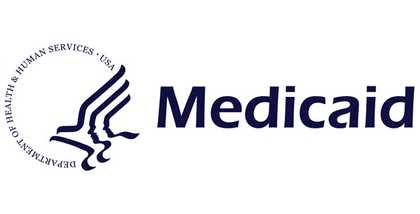Welcome to Rock Family Dental! Today, we’re diving into the fascinating connection between heart health and dental health.









$149 New Patient Special!*
Includes comprehensive exam, full mouth x-rays and a cleaning for new patients without insurance.
You might not realize it, but heart health and dental health are closely linked. Understanding this link empowers us to take proactive steps in caring for both our hearts and our smiles.
The Connection Explained
Let’s start with gum disease, also known as periodontal disease. It’s a common oral health issue that affects the gums and supporting structures of the teeth. What many people don’t realize is that gum disease doesn’t just stay in the mouth—it can impact your heart, too. Research shows a strong connection between the two.
When gum disease progresses, it can lead to inflammation and infection in the gums. This inflammation can release harmful bacteria into the bloodstream, which then travel to other parts of the body, including the heart. These bacteria can trigger inflammation in the blood vessels, increasing the risk of heart disease and other cardiovascular problems.
Furthermore, bacteria play a crucial role in both dental and heart health. Our mouths are home to millions of bacteria, some beneficial and others harmful. The harmful ones can cause tooth decay, gum disease, and even infective endocarditis—a serious infection of the heart’s lining or valves.
Numerous studies support the link between dental and heart health. For instance, one study published in the Journal of Periodontology found that individuals with gum disease were twice as likely to suffer from heart disease compared to those with healthy gums. Another study in the American Journal of Cardiology reported that treating gum disease can lead to improvements in heart health.
Recognizing the Signs
Knowing the symptoms and warning signs of gum disease is crucial for early intervention and prevention of potential heart issues.
Common symptoms include:
- Bleeding gums during brushing or flossing
- Swollen or tender gums
- Receding gums
- Persistent bad breath
- Loose teeth
These symptoms not only affect your oral health but could also be indicators of potential heart issues linked to gum disease. These include an increased risk of heart disease, inflammation in the blood vessels, and a higher likelihood of developing cardiovascular problems.
Also, the oral infections caused by bacteria from gum disease which can travel through the bloodstream and affect the heart can manifest as chest pain, sore throat, fever, swollen lymph nodes, or shortness of breath. If you notice these signs, seeking professional dental care and consulting with your healthcare provider are crucial for evaluating your heart.

Maintaining Heart and Dental Health
How should you maintain both heart and dental health? It starts with an effective oral hygiene practice. Brush your teeth at least twice a day with fluoride toothpaste and floss daily to remove plaque and prevent gum disease. Keeping your mouth clean, reduces the risk of harmful bacteria entering your bloodstream and causing inflammation in your arteries.
Your dietary choices also play a significant role in promoting dental and heart health. A balanced diet rich in fruits, vegetables, whole grains, lean proteins, and low-fat dairy provides essential nutrients for both your teeth and heart. Limiting sugary and acidic foods and drinks can prevent tooth decay and reduce the risk of heart disease.
Along with at-home care, regular dental check-ups are crucial for maintaining heart health. During these visits, your dentist can detect early signs of gum disease and provide appropriate treatment. Studies show that treating gum disease can improve heart health and reduce the risk of cardiovascular problems.
At Rock Family Dental, we prioritize both dental and heart health. Our experienced dentists are committed to providing comprehensive dental care, including regular check-ups, preventive treatments, and dental repairs.
By understanding the connection between heart health and dental health and taking proactive steps to care for both, you’re not only ensuring a healthy smile but also supporting a healthy heart. Thank you for joining us in exploring this vital aspect of overall well-being!








